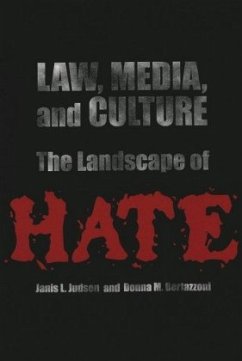
Moral Dilemmas of Modern War
Torture, Assassination, and Blackmail in an Age of Asymmetric Conflict
Versandkostenfrei!
Versandfertig in 1-2 Wochen
36,99 €
inkl. MwSt.
Weitere Ausgaben:

PAYBACK Punkte
18 °P sammeln!
Asymmetric conflict is changing the way that we practise and think about war. Torture, rendition, assassination, blackmail, extortion, direct attacks on civilians, and chemical weapons are all finding their way to the battlefield despite longstanding international prohibitions. This book offers a practical guide for policy makers, military officers, students, and others who ask such questions as: do guerillas deserve respect or long jail sentences? Are there grounds to torture guerillas for information or assassinate them on the battlefield? Is there room for nonlethal weapons to subdue milita...
Asymmetric conflict is changing the way that we practise and think about war. Torture, rendition, assassination, blackmail, extortion, direct attacks on civilians, and chemical weapons are all finding their way to the battlefield despite longstanding international prohibitions. This book offers a practical guide for policy makers, military officers, students, and others who ask such questions as: do guerillas deserve respect or long jail sentences? Are there grounds to torture guerillas for information or assassinate them on the battlefield? Is there room for nonlethal weapons to subdue militants and safeguard the lives of noncombatants? Who are noncombatants in asymmetric war? What is the status of civilians who shelter and aid guerillas? And, do guerillas have any right to attack civilians, particularly those who aid and shelter members of the stronger army? If one side can expand the scope of civilian vulnerability, then why can't the other?














